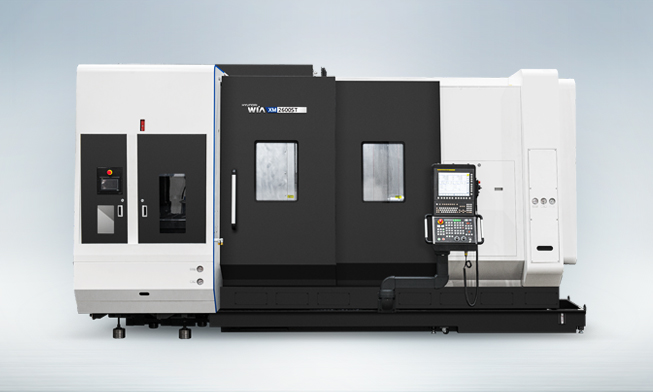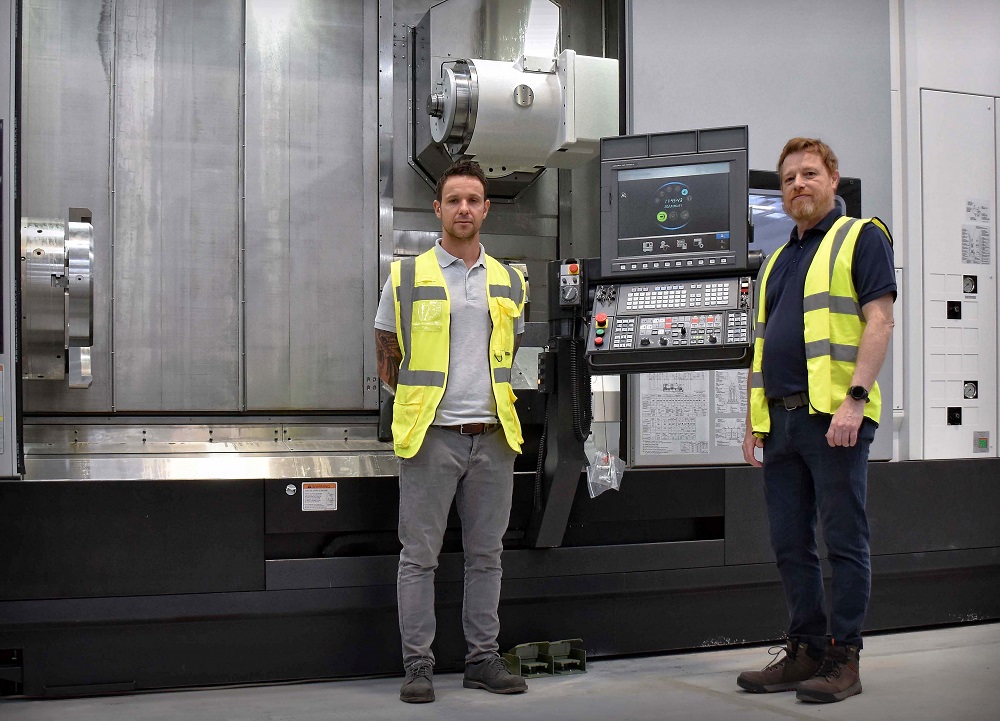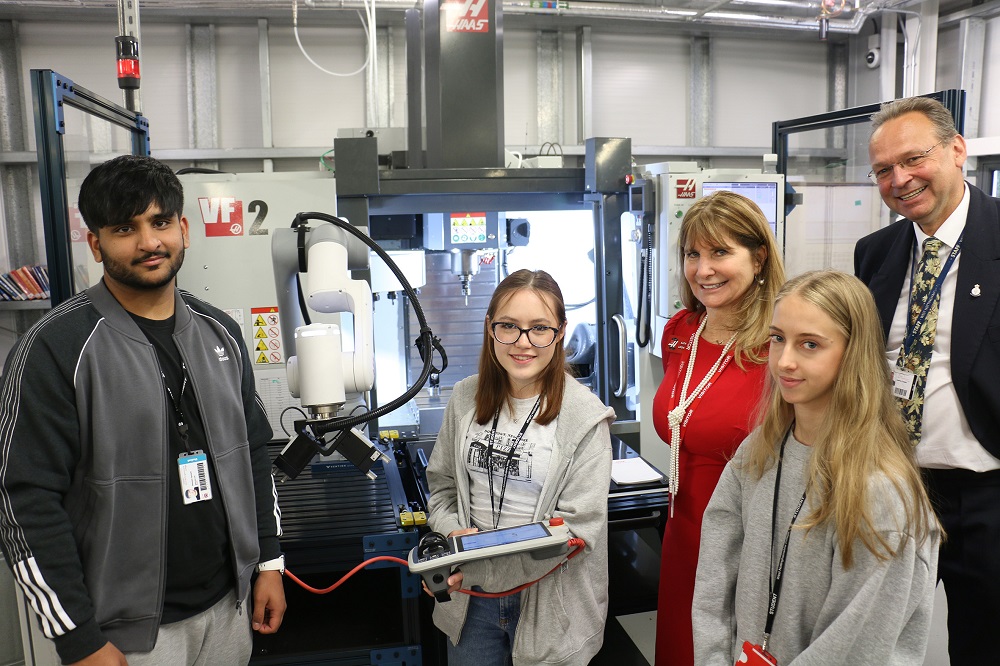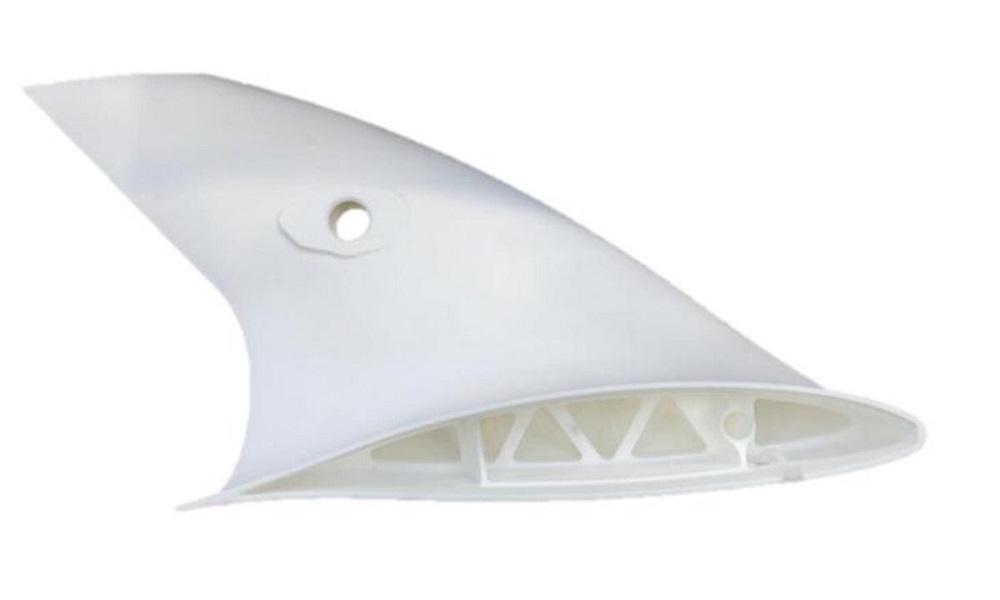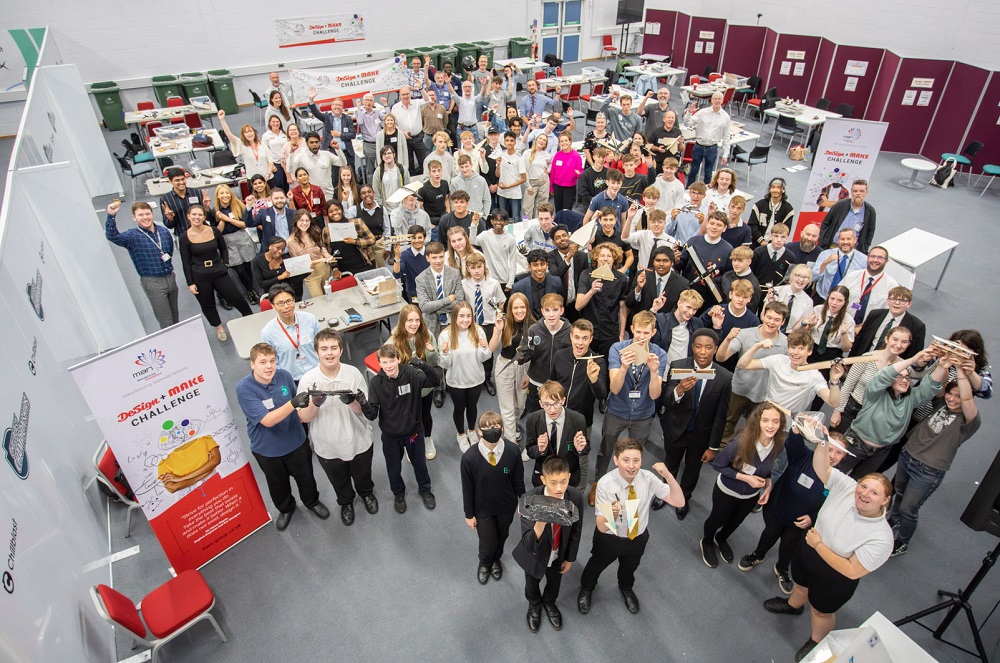Hyundai Wia is revealing a number of new products for next-generation machining, including several turning centres, multi-tasking machines and multi-axis turning centres. Hyundai Wia machine tools are available in the UK from TW Ward CNC Machinery.
For instance, regarding turning centres, Hyundai Wia is launching the SE2600 that offers both high-speed and complex machining capabilities. The SE2600 series comprises the SE2600, SE2600M, SE2600Y and SE2600SY models, all of which feature a 10-inch spindle for machining short-length materials, along with SE2600L, SE2600LM, SE2600LY and SE2600LSY for machining materials longer in length.
The series is available at a price range that is more competitive than other products that offer the same capacity, and offer a higher travel speed for improved productivity through high-speed machining. Furthermore, all models feature roller bearing-type LM guides, which deliver superior rigidity over previous models. There is even a model equipped with sub-spindle and Yaxis, which previously did not exist in the company’s range of high-speed 10-inch spindle machine tools, offering a solution that can achieve both high added value and complex machining.
Hyundai Wiais also significantly expanding its multi-tasking machine line-up for high added value product machining. The company’s new XM seriesmulti-tasking machines combine the structure of both turning centres and machining centres. The XM series features XM2600, XM2600S and XM2600ST models, which feature a 10-inch spindle, and the XM3100, XM3100Sand XM3100ST, which have a 12-inch spindle.
In addition, Hyundai Wia is planning to launch its LM2200TTSYY and LM2200TTSYYCmulti-axis turning centresbefore the end of 2023. The LM2200TTSYY and LM2200TTSYYC are multi-axis turning centres that feature 8-inch and 10-inch spindles respectively, and come equipped with two spindles, turrets and a Yaxis.
For further information www.wardcnc.com






